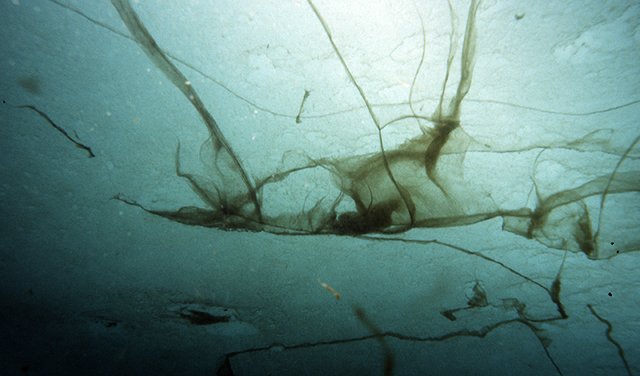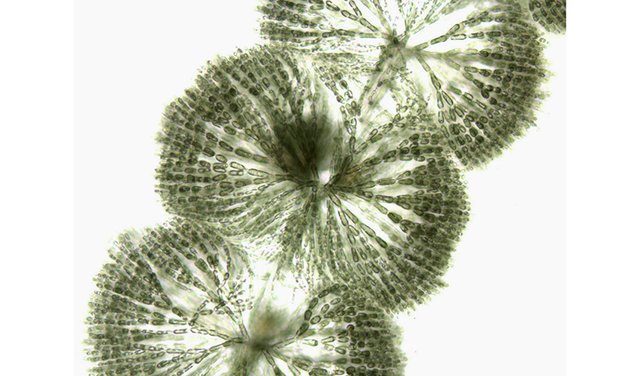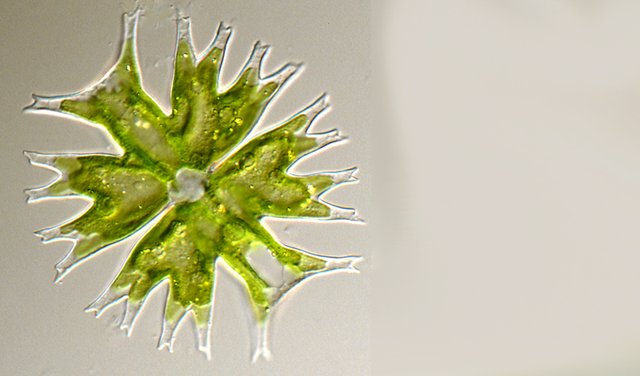Our section researches biotic (pathogenic, parasitic and mutualistic) interactions of plants and algae with other organisms, including, but not limited to, fungi, bacteria, insects, or nematodes addressing questions ranging from ecology to molecular biology and evolution.
Activities
The Section organizes a workshop every other year in alternation with the Botanik-Tagung, International Conference of the German Society for Plant Sciences DBG.
New Name of the Section
On the member assembly on 1st October 2013 during the Botanikertagung at Tübingen, Germany, the Section decided to change its name into „Section for interactions (former Section of mycology and lichenology)”. Members also agreed to keep this name for two years from now on.
Meetings
Archives of former meetings
Membership
Members receive direct information about the activities of the Section during the Botanikertagung mainly concerning symposia and workshops.
At the moment membership in the section is free of fees.
How to become a member?
Prerequisite for a membership in the Section is a membership in the German Botanical Society (DBG). To become a member, please write an informal letter to the speaker of the Section.
Statutes
The Section has its onw statutes besides the statutes of the DBG. Sorry, at present we have no English version of our statutes. Please refer to the German version of the statutes (pdf file).























